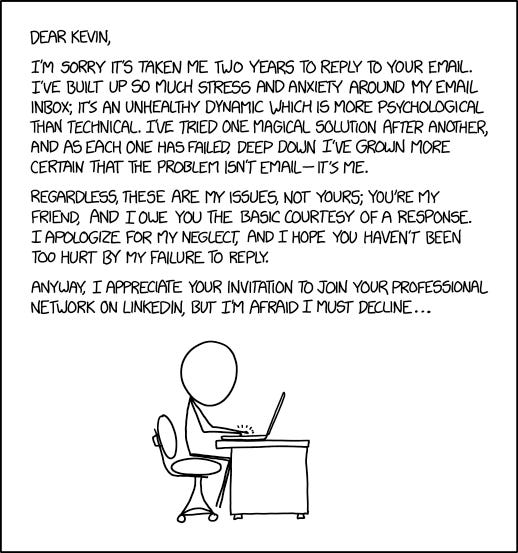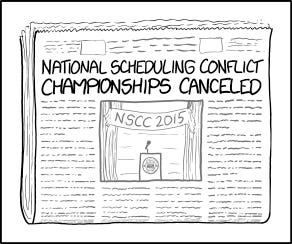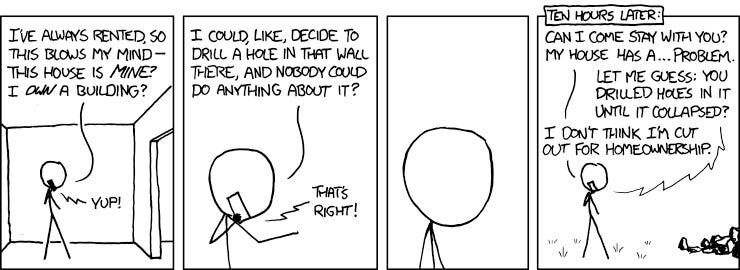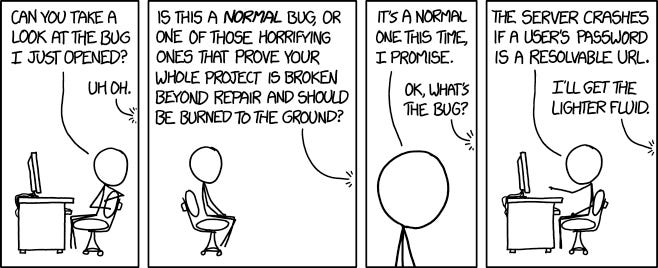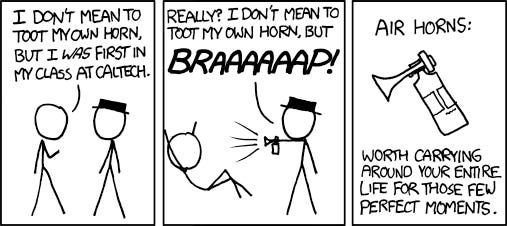On Consulting
I was always fascinated by consulting work; the flexibility on schedule was appealing. The possibility of free time/downtime between contracts was all too alluring even if it meant smaller pay check. I even made plans as to how I will use that downtime to make up for things that I wouldn’t have time in a full-time role.
The unexpected advantage, as it turned out to be, was that it accelerated certain type of learning. I ended up working with many startups that has given me skillset and perspective I never had previously. I learned which of my skills apply when and where. Some deep rooted beliefs about which of my skills are important and should focus on are shattered.
I am not going to write about how to get your first client, what are your ‘business overheads’, or even what skills are valued. There is plenty written about that already. What I am going to write about are my personal experiences and learnings. I will try to make them as useful as possible for others by generalising them. I also don’t want to tag them as good or bad, but these are some of my experiences in the wild.
Learning
My transition into consulting introduced a new dimension to my learning. Unlike my previous roles, where learning was deep and focused, consulting presented me with a broader spectrum of knowledge. While the depth of learning might not have been as profound as before, the breadth of exposure to many technologies, business models, and industries was huge.
The nature of engagements often necessitated gaining knowledge quickly and adapting to new environments. This fast-paced learning environment forced me to quickly grasp the core concepts and apply them effectively. The variety of problems I saw and the adapted solutions that were in place added to my skillset and broadened my perspective.
If you are impressed by this, I suggest a balance between breadth-first and in-depth learning is essential for continuous professional development. Strategically alternating between these two approaches is beneficial in the long run.
Feeling Alienated
Consultants are often seen as outsiders. You are temporary person in the team. You are not part of the company's culture or social fabric, and you may not have the same level of rapport with colleagues as full-time employees. This can make it difficult for you to feel like you belong or are truly integrated into the team.
This is not to say you don’t have work relationships as a consultant. Of course, the extent to which you feel alienated will vary depending on individual circumstances and the specific company culture. The work relationships that you form tend to be different from those of full-time employees. While you may have a broader network of contacts, your interactions with individual colleagues tend to be less deep and sustained. This is due to the transient nature of consulting engagements, which often last for a few months or even weeks.
Office Dynamics
Consulting often insulates one from office dynamics. It can be easier for you to bring up hard topics. You are often hired specifically for your ability to provide impartial assessments and recommendations, free from the biases and allegiances that can cloud the judgment of internal employees.
This insulation can be particularly valuable when addressing sensitive or challenging topics, as you are often perceived as objective third party with no vested interest in the outcome. This often puts you in a unique position where you alone can solve a particular problem that your client is facing. This boosts your credibility and influence among clients. This can lead to more consulting opportunities and higher fees.
Sense of Ownership
While you may have the opportunity to make a significant impact on the clients' businesses, you often don't have the same sense of ownership or permanence as employees do. This can be frustrating for some of you, who may prefer to build something from the ground up and see it grow over time.
Always Firefighting
You often end up in situations that are intense and challenging due to the pressure to make impactful changes within a short timeframe. You often step into situations with urgent problems or critical gaps, requiring you to quickly assess the situation, prioritise tasks, and take decisive action. You face high expectations from stakeholders, need to adapt to unfamiliar environments, and may have limited resources and support. This is very exhausting.
Despite the challenges, this is very rewarding too and can offer valuable learning experiences. This helps you gain a deep understanding of different industries and develop new skills.
This can also be a source of bragging points. Those who can successfully navigate these challenges and deliver results under pressure are highly valued. You can build a reputation for being problem solver which can lead to more opportunities and higher fees.
This is not intended to be a guide to consulting, but rather a window into my own personal experiences. By sharing my observations, I hope to offer a glimpse into the various facets of consulting, both the exhilarating highs and the inevitable challenges.




